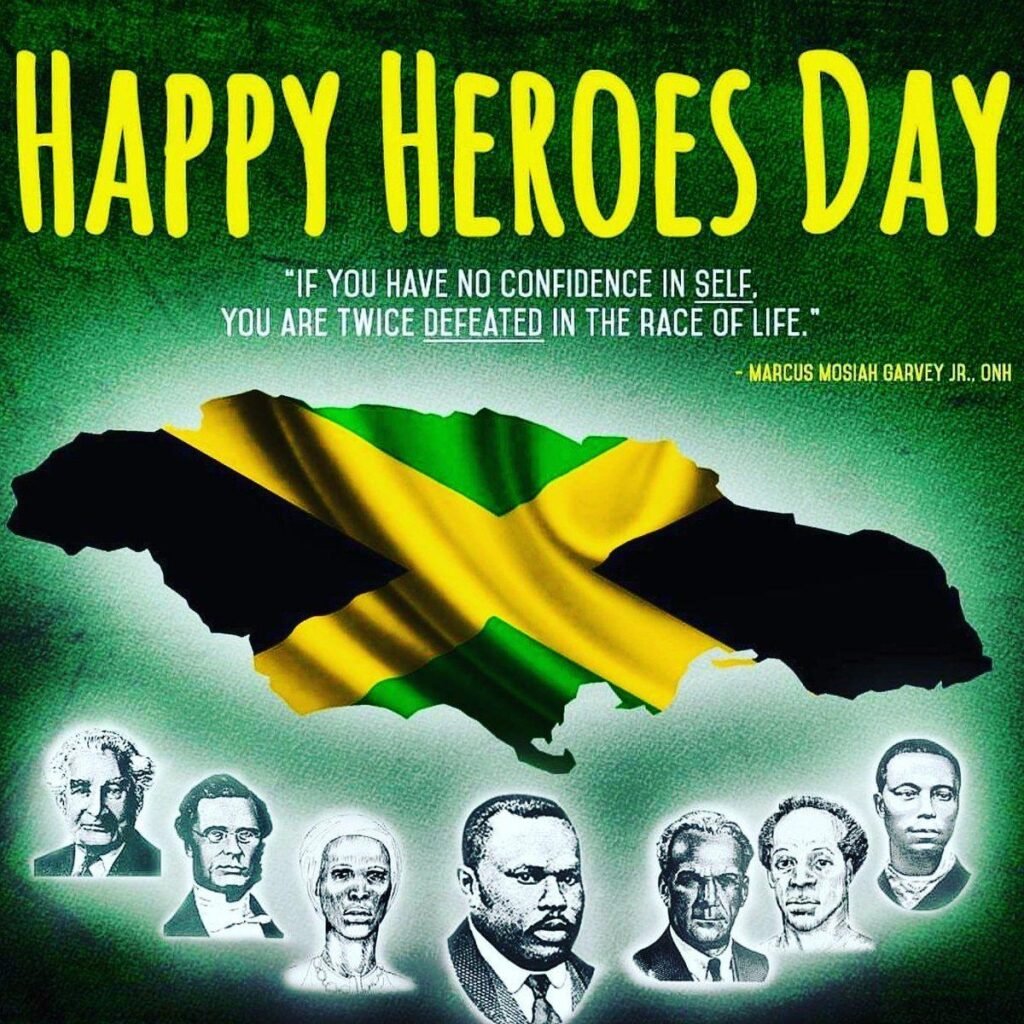
Every October, Jamaica pauses to honour the men and woman whose courage, intellect, and unshakable spirit carved freedom, justice, and self-governance out of oppression. National Heroes’ Day, observed on the third Monday of October, is not just a holiday—it is a living tribute to the seven extraordinary Jamaicans whose legacies built the moral and political spine of the nation.
Sam Sharpe — The Youngest and the Martyr
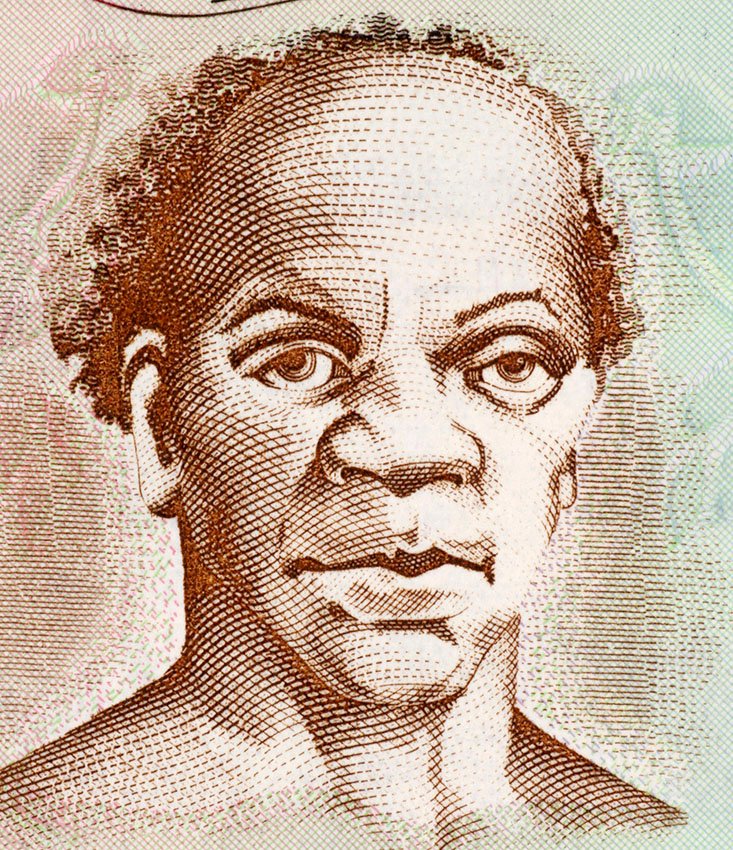
Born around 1801 in St. James, Samuel Sharpe was an enslaved Baptist deacon who believed in peaceful resistance and divine justice. He was just 31 when he was executed in 1832, making him Jamaica’s youngest National Hero. Sharpe organized the Christmas Rebellion (also called the Baptist War), urging fellow enslaved Africans to protest for freedom through non-violent means. When the uprising turned violent, Sharpe maintained that freedom was worth the price of death. His sacrifice became the final spark that pushed Britain toward abolishing slavery in 1834.
Nanny of the Maroons — The Warrior Queen

A spiritual leader and guerrilla tactician from the 18th century, Nanny was born in Ghana and brought to Jamaica as a slave. She escaped bondage and became the matriarch of the Windward Maroons in the Blue Mountains. Her mastery of warfare, African spirituality, and leadership enabled her people to resist British forces for decades. Nanny, who died around 1750, remains a symbol of resistance and matriarchal power—her likeness now graces the Jamaican $500 note.
Paul Bogle — The Voice of Justice
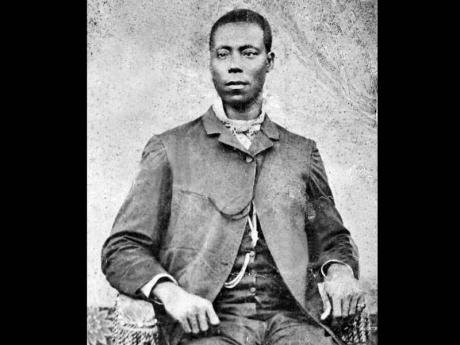
Paul Bogle, born around 1822 in St. Thomas, was a Baptist deacon who became the moral compass of his time. Deeply troubled by the poverty and injustice faced by freed blacks after Emancipation, he led the 1865 Morant Bay Rebellion. Bogle’s peaceful march for fair trials and land reform was met with brutal force, yet his courage planted the seeds of Jamaica’s modern social justice movement. He was executed at 43, but his march changed the nation forever.
George William Gordon — The Visionary Legislator
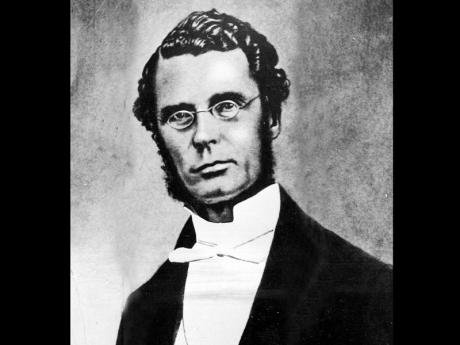
Born in 1820 to a white planter and an enslaved mother, Gordon rose from mixed-race marginalization to become a businessman and member of the Jamaican Assembly. He advocated tirelessly for the poor, often clashing with colonial authorities. Though not physically present at the Morant Bay Rebellion, he was wrongfully executed alongside Bogle in 1865 at the age of 45. Gordon’s death exposed the cruelty of British rule and stirred calls for political reform that would shape Jamaica’s path to self-governance.
Marcus Garvey — The Prophet of Pan-Africanism
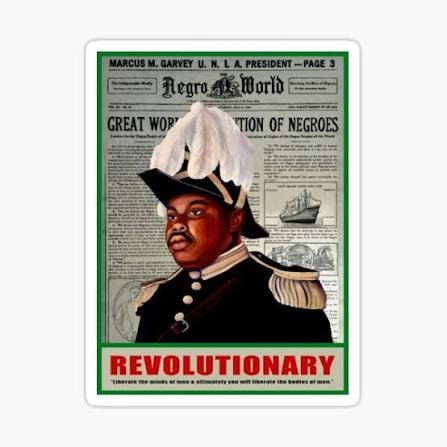
Marcus Mosiah Garvey, born in 1887 in St. Ann’s Bay, was Jamaica’s most internationally renowned hero. A journalist, publisher, and orator, he founded the Universal Negro Improvement Association (UNIA), inspiring black pride and global unity. Garvey urged Africans everywhere to reclaim their dignity and destiny with his rallying cry: “One God! One Aim! One Destiny!” Though imprisoned and exiled, his ideas shaped the civil rights and Rastafari movements. He died in 1940 at 52, but his dream of African redemption lives on.
Norman Manley — The Nation Builder

Born in 1893 in Manchester, Norman Washington Manley was a Rhodes Scholar and decorated World War I soldier who turned to law and politics. He co-founded the People’s National Party (PNP) and fought for universal adult suffrage, giving every Jamaican the right to vote. As Jamaica’s first Premier, he guided the island toward self-government and independence. Manley, who died in 1969 at age 76, believed true freedom required both political and moral responsibility.
Sir Alexander Bustamante — The Defender of the Working Class

Born in 1884 in Hanover, Bustamante was a fiery labour leader and founder of the Bustamante Industrial Trade Union (BITU). He championed workers’ rights during the 1938 labour riots and became Jamaica’s first Prime Minister in 1962, leading the country into independence. Known for his wit and boldness, Bustamante’s leadership solidified Jamaica’s democratic framework. He passed away in 1977 at the age of 93, leaving behind a legacy of empowerment and national pride.
The Legacy Lives On
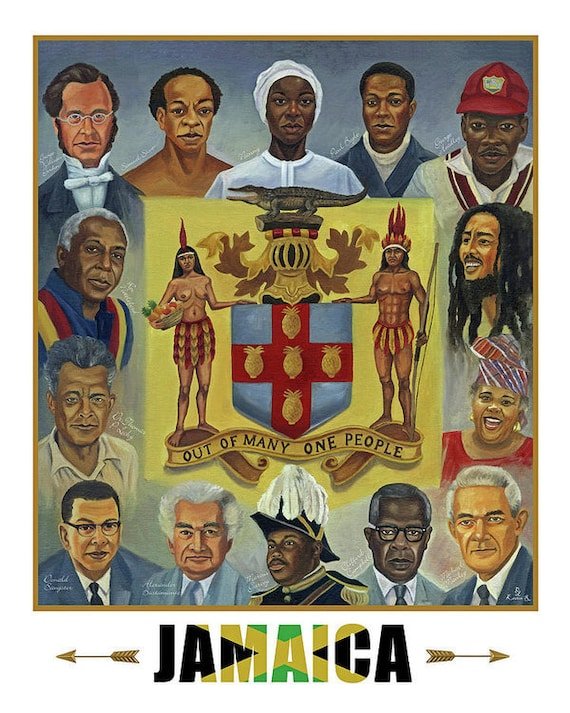
Heroes’ Day is not merely a remembrance—it’s a mirror reflecting the soul of Jamaica. From Nanny’s mountains to Garvey’s global vision, from Bogle’s rebellion to Manley’s reforms, these heroes embody courage in every form—spiritual, intellectual, and revolutionary.
As the nation celebrates parades, concerts, and the National Honours and Awards ceremony at Heroes Park, every Jamaican is reminded that heroism is not confined to the pages of history. It beats in the hearts of teachers, nurses, soldiers, and citizens who keep the flame of freedom burning bright.
Because Jamaica’s heroes didn’t just fight for a nation—they gave birth to its spirit.
